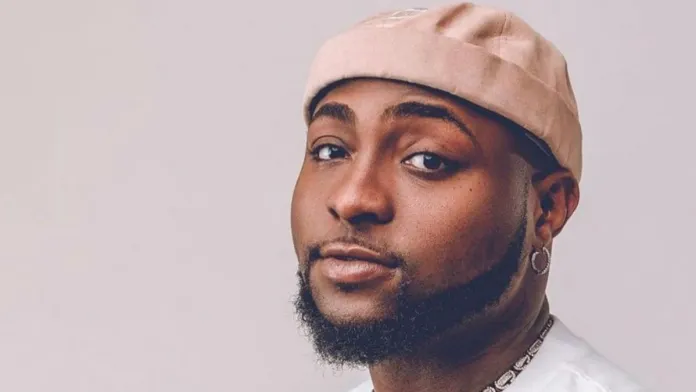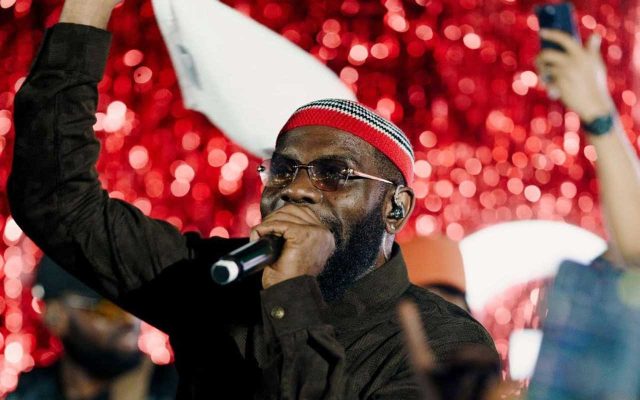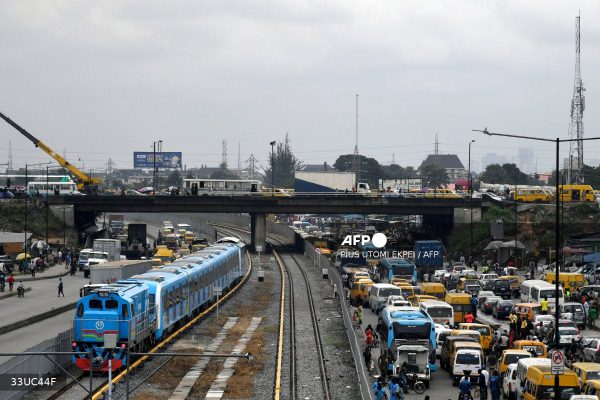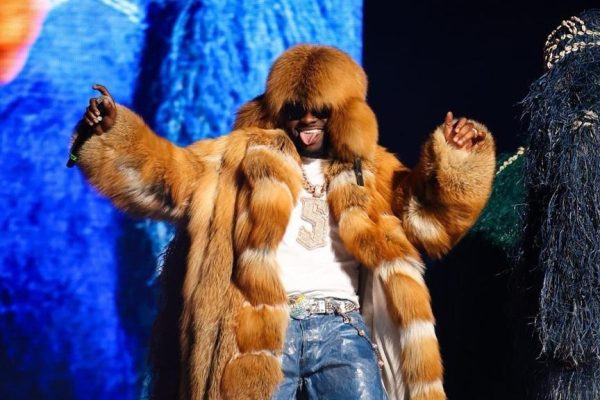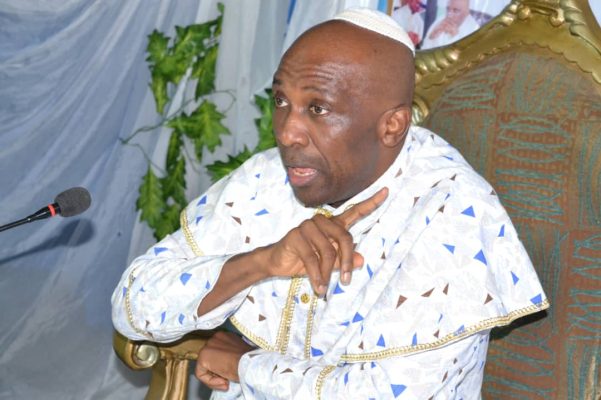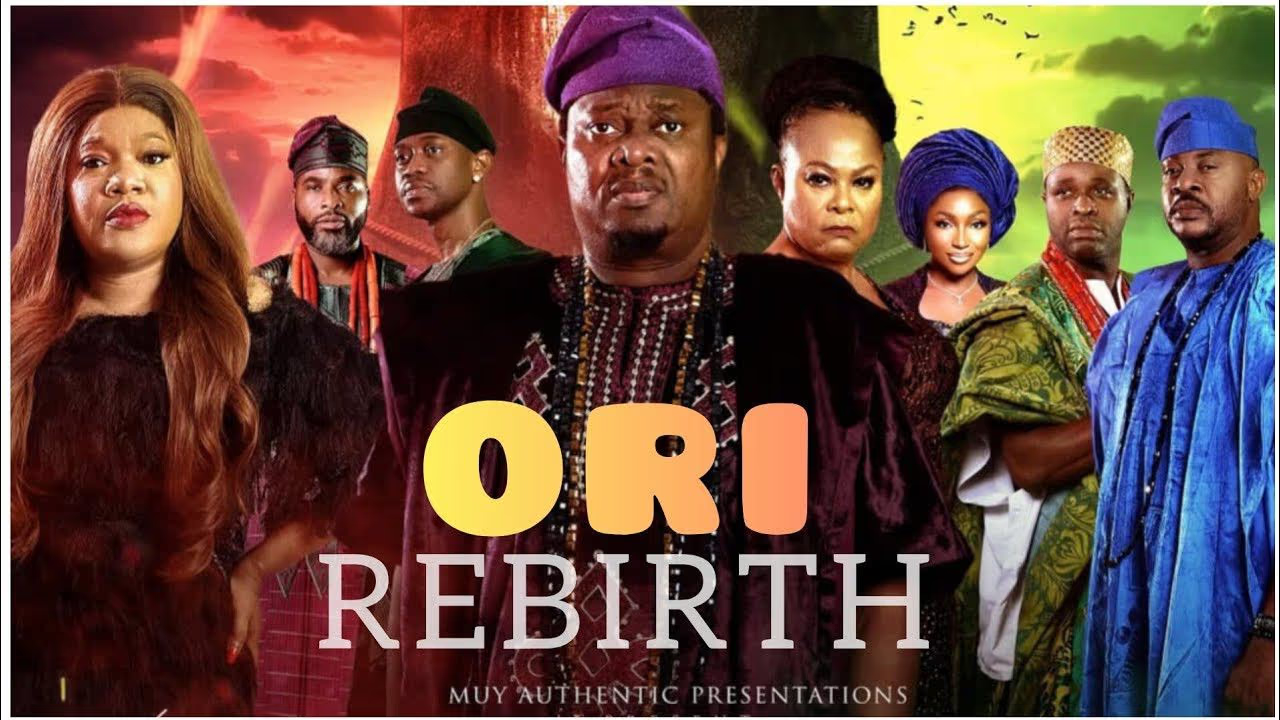British DJ and producer DJames recently electrified Lagos with his first solo show in the city, drawing hundreds of fans eager to witness his electric Afrobeats-Caribbean mixes. In this interview with CHINONSO IHEKIRE, he discusses his creative journey, his global mission for Afrobeats, and the passion that drives his craft.
Traffic ground to a halt on Lagos Island on December 7. On one end, the annual The Experience concert was holding at Tafawa Balewa Square. On another part of the island, everyone was trooping to the Nexthought Arena at Elegushi, where D’James was holding his first-ever solo show in the city. The London-based DJ played to over a thousand people at his first-ever solo show in the city’s metropolis.
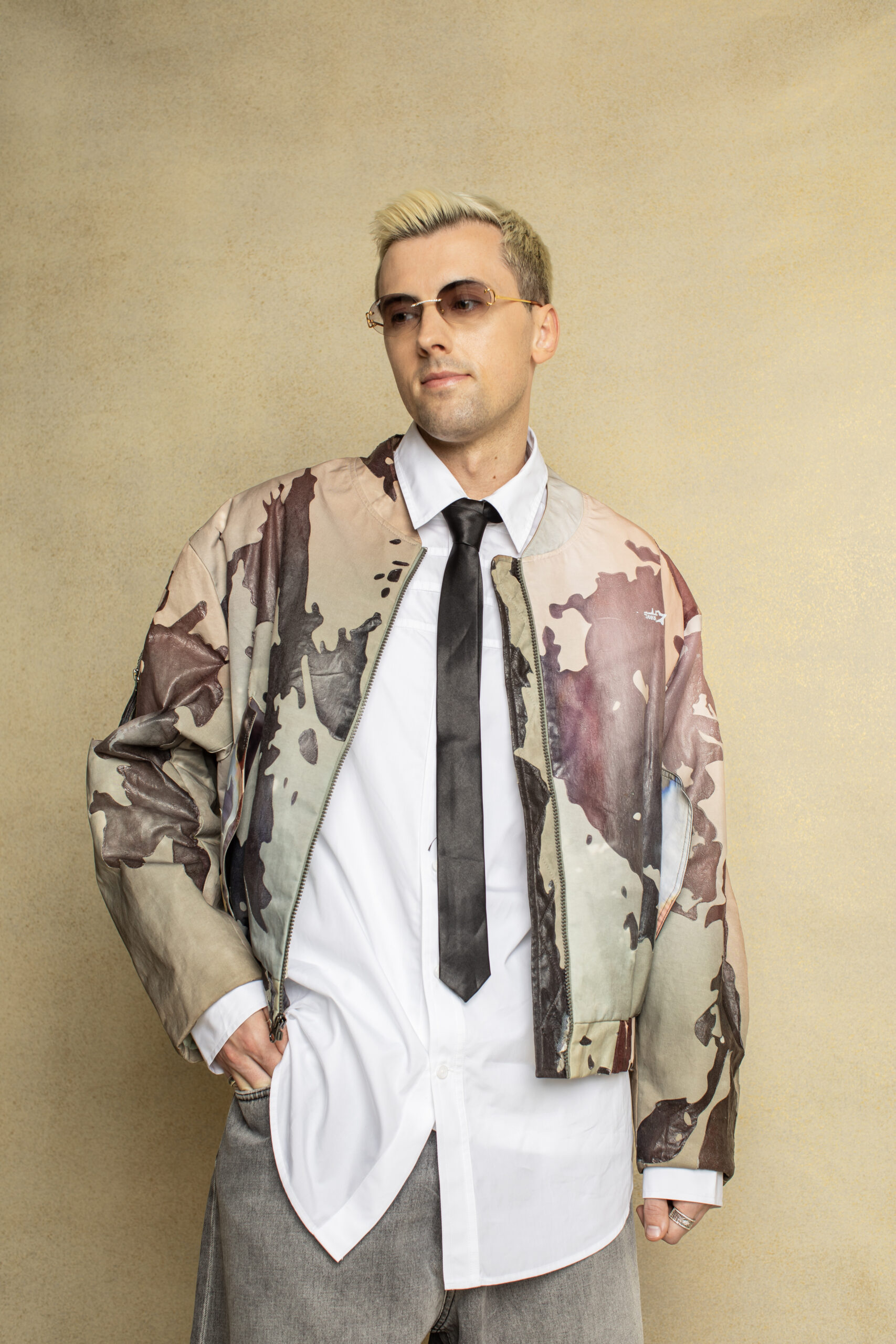
The award-winning English DJ, born James Grey, brought his Afrobeats-Carribean mixes to his Nigerian fans, who are also the largest cluster of his fanbase, as part of his ongoing Africa tour that would also see him spin his sounds in at least six cities in East and West Africa.
In a sit down with Guardian Music, the music curator, producer, and DJ, opens up about his love for Afrobeats, his street-bestowed title, King of Blends, and why he’s intent on pushing African sounds onto major music festival stages worldwide.
How do you feel after this milestone?
We didn’t expect such a turnout. It was crazy. To be honest, we planned an intimate show for a few hundred people. And we sold out in one day. So, we had to scale it up and add extra tickets.
READ ALSO: Tyla beats Burna Boy, Rema, Tems, Asake to win Billboard Music Awards
When did you first decide to do the show?
A few weeks back. We were trying to work on the rest of the Africa tour I’m doing, which is about six or seven countries this time, rather than just in Nigeria. So, we were focused on getting that in place first, and then we came to planning the show really late. That’s why we didn’t go for a bigger venue. I thought I’d rather just sell out a smaller place. And we sold out the venue.
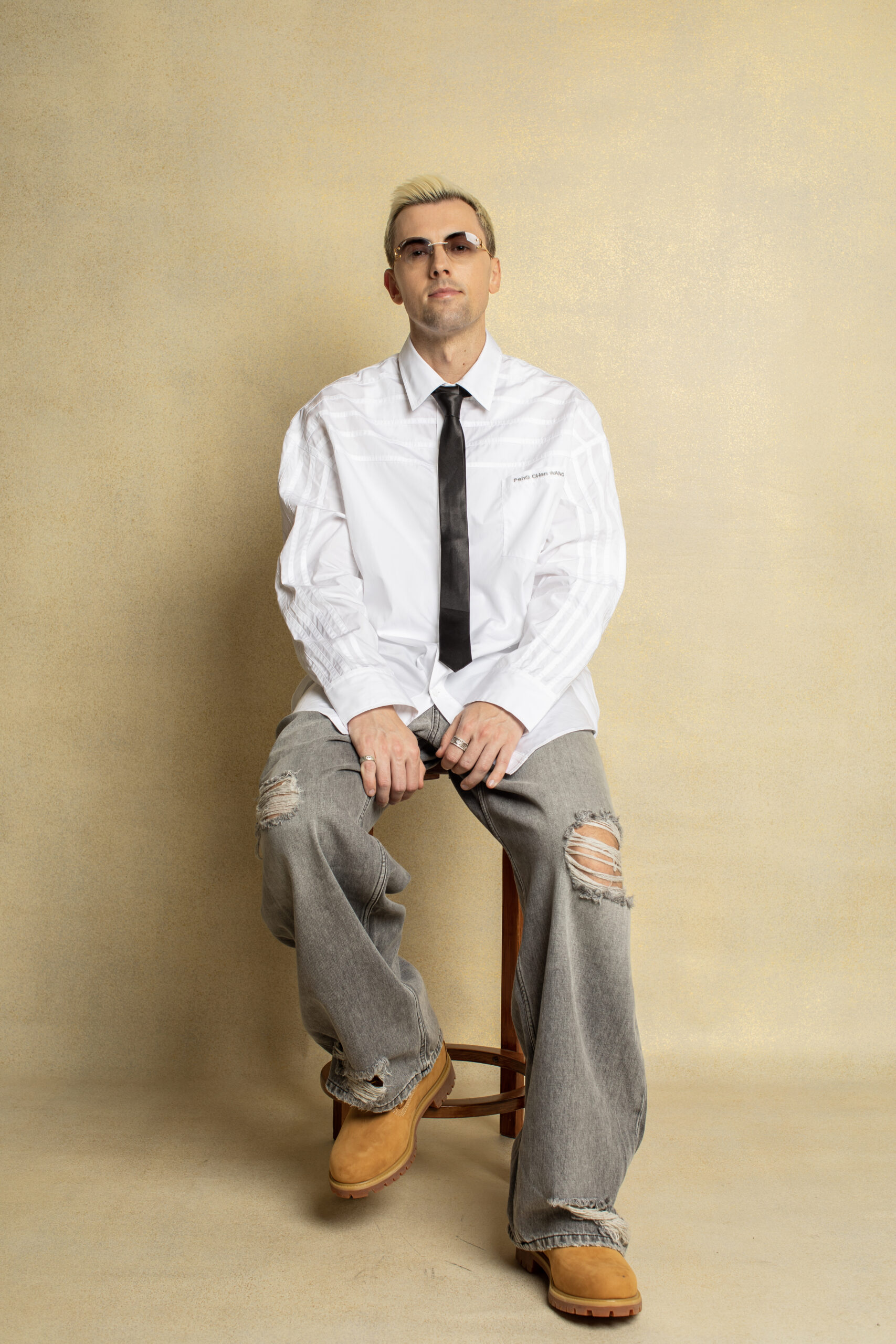
What was your biggest thrill of the night?
For me, it was walking out and hearing a reaction. I’ve been building this community online for the past few years, especially through platforms like TikTok, Instagram, and YouTube. It’s one thing for people to like a post, but then to actually part with their money and come out to see you? That was the first time I’ve ever really seen my fans here in person. I’ve played in clubs a lot in Nigeria, but they have never been to my solo show. So to walk out and see everybody’s reaction was the best feeling.
Any hitches?
I had a stressful day leading up to the show. I was on site for like seven hours making sure everything was exactly how I wanted it. But the second I was on stage, all the stress went away. I had to put on a show, so I really enjoyed it, even though we had a power cut barely three minutes into my set. I don’t know how, but everyone just started singing. I think it was good that it happened early, and I got it out of the way.
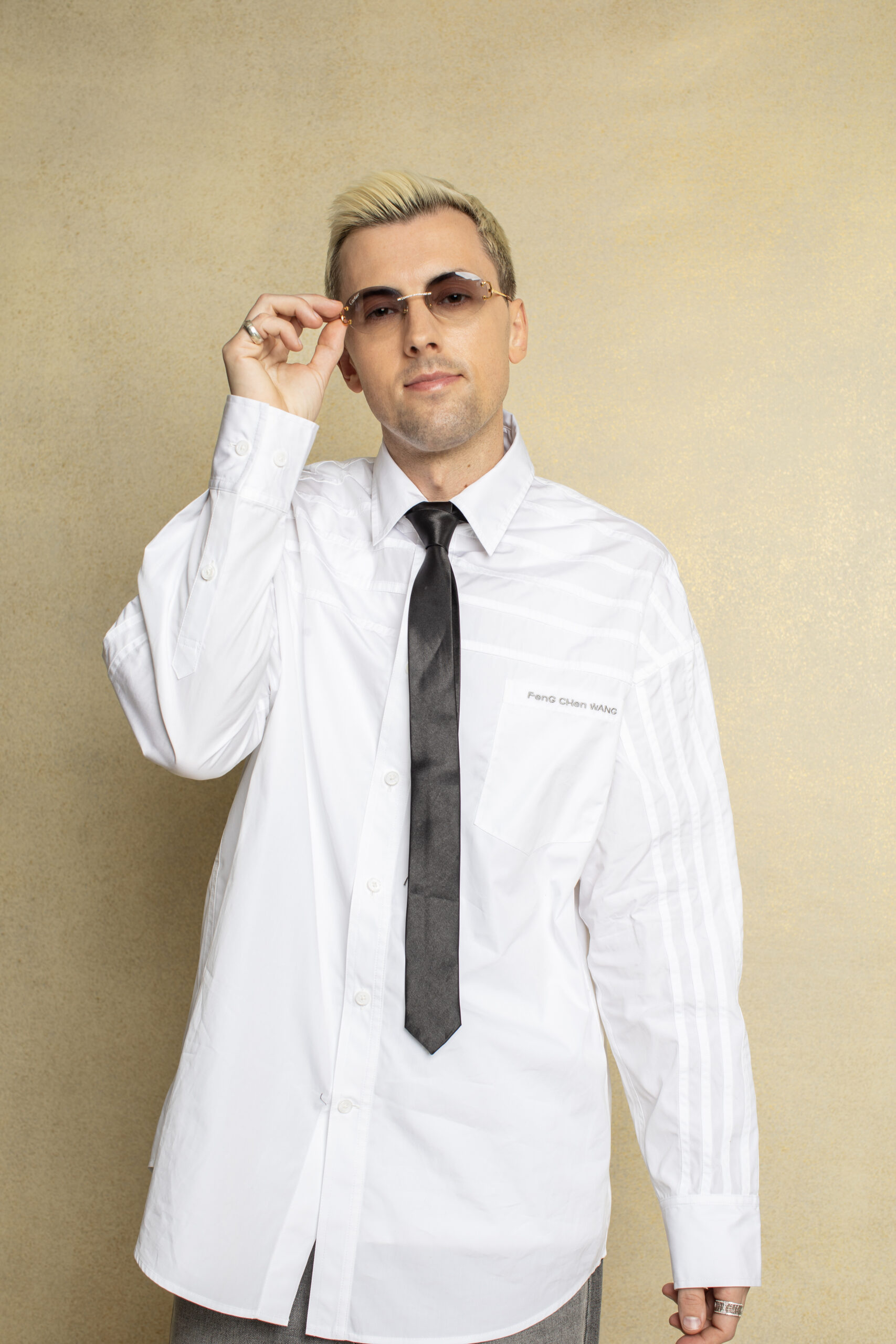
How did you hone your passion as a DJ?
It was never an active decision. I never woke up one day and decided to be a DJ. I just love music. I was always the one at school making CDs for people’s cars. I was really into music. At university, my friends who were entertainment reps for my college made me DJ for them. That’s when I got into DJing.
I played the most commercial, cheesy student music because that’s what the parties were. After about 18 months, I started putting my own events in town. I joined the African Caribbean Society at the university and became the in-house DJ for some events. And that’s when I started learning the music. Ideally, people would bring me CDs, or requests. My good friend and I would stay up until 7 AM after every club night, just surfing the blogs and downloading.
Walk us through your creative process, especially in sourcing music.
I have an obsessive compulsion with anything I do. Once I’m into it, I have to do everything and be the best. So, once I discover an artist, I will dig up their entire discography and go down a rabbit hole trying to find edits and remixes and label mates. I lose hours and hours of sleep just going through music.
Before social media’s rise, I maintained spreadsheets of blogs and radio shows to stay ahead. I mixed Afrobeats into my sets when it wasn’t standard, always trying to make it fit naturally with other genres. A lot of the time, it’s just out of necessity to make my sets more interesting.
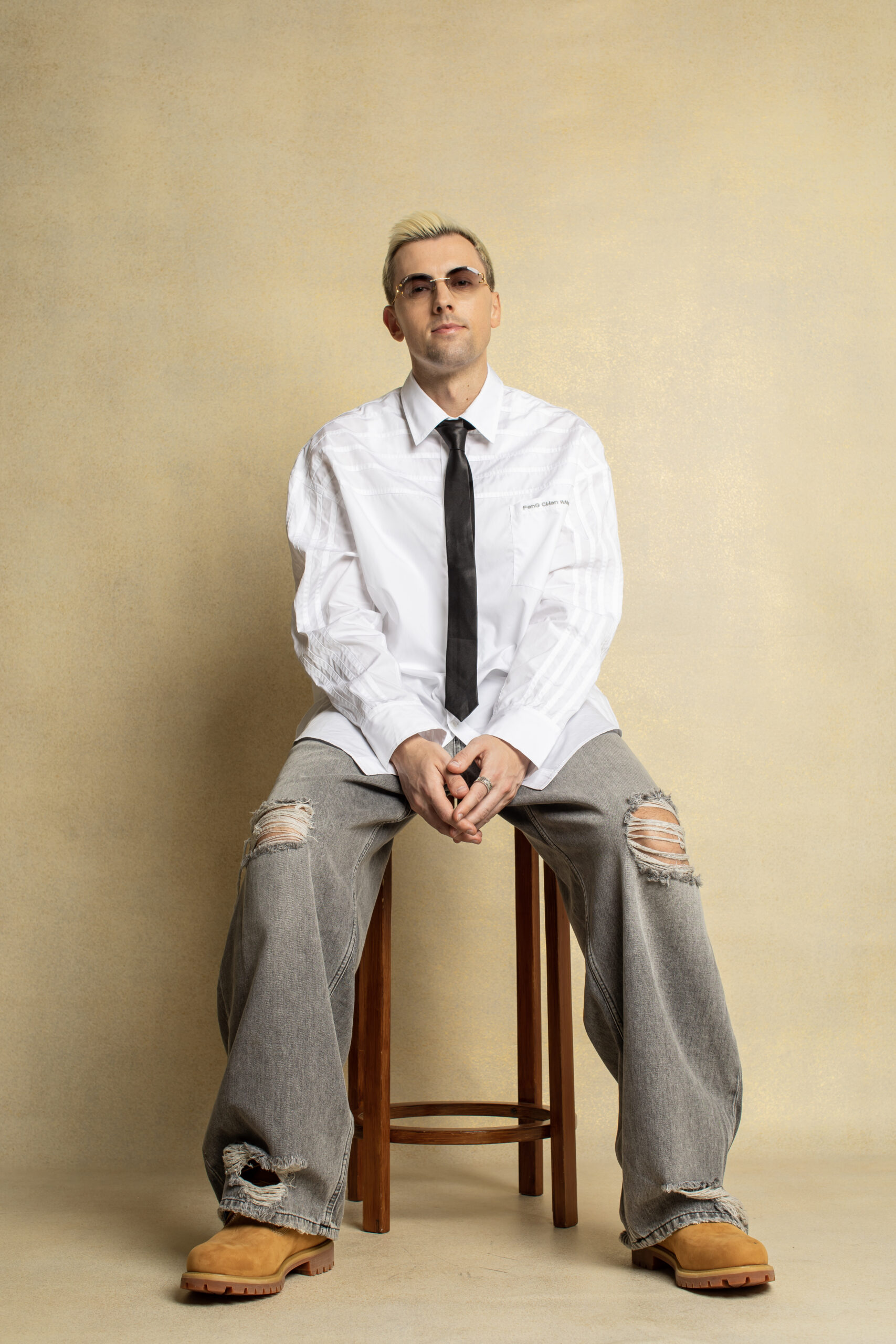
Tell us about some of your most hectic sets.
The Asake show I did last January was insane—pure pandemonium. We did a show in Ghana together first, then a main show in Lagos with Seyi Vibez. I had never seen fanfare like that before. That was a great experience. Every other night out here, there are many things to contend with that I take for granted when playing in the UK or around Europe. But, I like a good challenge.

What do you think about sustaining Afrobeats’ growth on the world stage?
The growth has been rapid over the last few years, but it’s still in its early stages. People see a few clubs in New York or London and think it’s blown across the country. It’s not—yet. I feel like it’s where Hip Hop was during the early 90s, and there’s still a long way to go. We need better event production and infrastructure to match what Afrobeats artists do abroad. That’s a big step forward.
READ ALSO: Shallipopi, Muyeez Ditch Dapper Music, Accuse Label Of Breach Of Trust, Inhumane Treatment
Finally, what’s your vision in the long run?
I want to find those artists who want to grow outside of Nigeria beyond just making music locally—those who love R&B, pop, or dance—and get them into major festivals. I also want to put out more music and do more cross-genre collaborations. Nigeria has the best, most supportive fans ever. My fanbase is here. So, I want to continue to serve that.
But at the same time, I feel I have a duty to help the Afrobeats scene grow in other territories because I’m constantly travelling. I have had a great opportunity to test music out for all these artists across the US, Europe and even Asia this year. That’s where I see myself playing long-term: having a lot more music out and championing a group of artists who share my vision.

